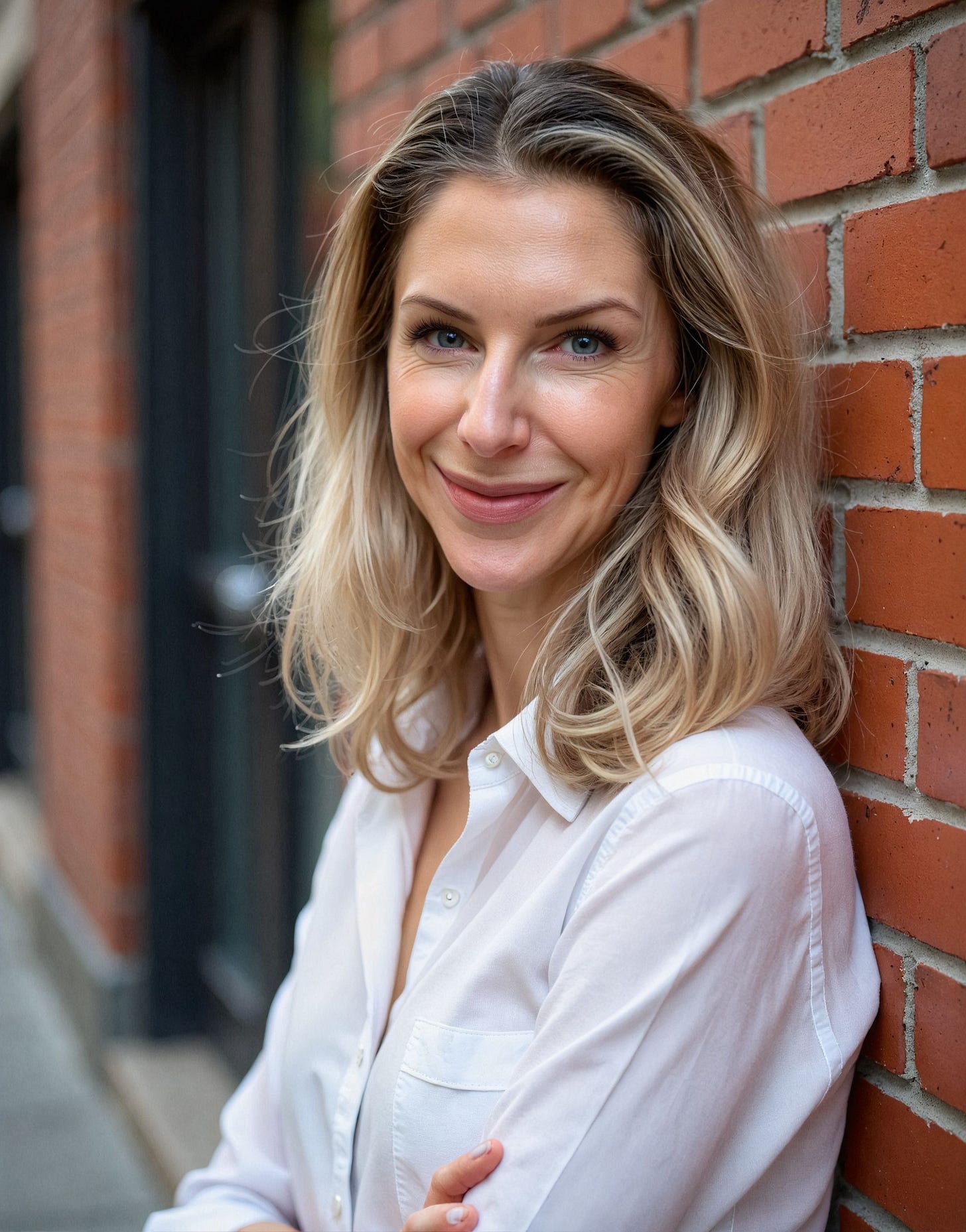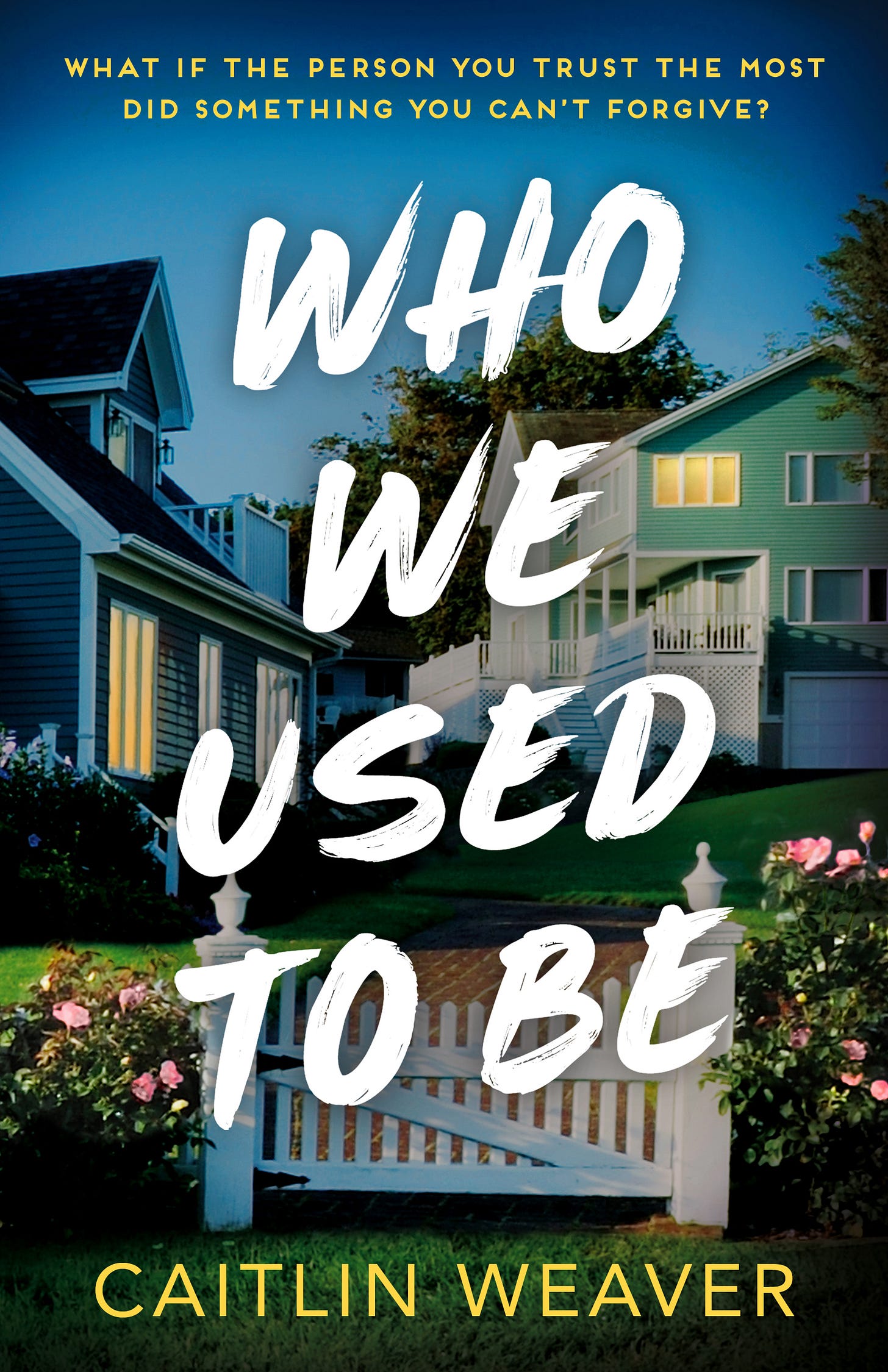My family had the opportunity to spend time visiting family in the southeastern part of the U.S. these past two weeks. I visited coffee shops a few mornings during the trip to finish developmental edits, but other than that, it was lovely having the opportunity to act like a tourist in the area of the country in which I grew up.
We were in nine states in fourteen days, though we only passed through Mississippi, Louisiana, and Arkansas during our drive back to Texas. One day we were literally on the state line of Kentucky and Tennessee to visit my cousin’s new home, an estate built in 1867. It was also the place where the country music video “Strawberry Wine” by Deanna Carter was filmed in 1996. (I always get a kick out of the line, “I was thirstin’ for knowledge and he had a car.” Such a great summary of the logic of my 17-year-old self!)
My favorite place to visit was The Biltmore Estate in North Carolina, the place that inspired The Rose Palace Estate in my Dakota Green series. Above is a quick collage of a few of my favorite images, including the pool, which in the days before chlorine had to be filled up to nine feet and then emptied before being scrubbed by hand. The ‘Halloween Room’ in the basement inspired the location of my fake seance in the climax of my second book.
We also visited Dollywood in Pigeon Forge as well as the Jimmy Carter Presidential Library and The World of Coca Cola Museum in Atlanta. Speaking of which, today I’m excited for you to hear from Atlanta author Caitlin Weaver, who is also published by Storm. I loved reading her advice about taking a break from writing and relying on a community of authors, which I hope this Substack encourages as well.
Her recent novel, Who We Used To Be, is out now and you can see the cover below. Without further adieu, here’s Caitlin!
Can you tell us about your debut novel? When and who published it?
My debut novel, Such a Good Family, was released in June 2024. It’s an emotionally charged story about two women whose seemingly perfect lives are torn apart by a shocking incident involving their teenage children. The novel explores how this devastating accusation forces them to face the cracks in their families, their friendship, and the privileged community they thought they knew. Many readers have compared it to books by Liane Moriarty and Sally Hepworth—which is an honor!
Such a Good Family was published by Storm Publishing, a digital-first publisher that focuses on higher royalties rather than upfront advances. While I didn’t receive an advance, I started receiving royalites right away. I really liked not having the pressure of "earning out" an advance, especially since the book sold well from the start. In its first year, it sold around 10,000 copies (print and ebook) and had nearly 7 million pages read on Kindle Unlimited.
How many novels have you published since then? What differences have you noticed in the publishing experience with these later novels?
Since the release of Such a Good Family, I’ve published three more novels, with my latest, Who We Used to Be, just hitting shelves on July 29th. Like my debut, all of my books fall in the domestic suspense genre, and each explores the complexities of female friendship, modern motherhood, and the pressure to maintain a perfect façade.
I’ve published all four books with Storm Publishing, and my experience has been incredibly positive. I appreciate the real-time transparency they offer in terms of sales and marketing; it’s a rare gift in the publishing world to always know where you stand. I also feel lucky to work with such a supportive editor who’s been very open to my ideas about how to position my books and build my readership.
While my second and third books haven’t matched the success of my debut, they’re still performing well. And there are always surprises. For instance, my third book had a slower start than I would have liked, but recently (six months after releasing), the audiobook has suddenly taken off.
With each new release, I’ve gained more confidence in understanding who my readers are and how I want to show up for them. I’m now more comfortable advocating for how my books should look, feel, and be marketed, and I’m grateful for the partnership I have with Storm in making that happen.
What has been the best part of publishing? The worst part? Or, what has been your highest high and lowest low in publishing?
The best part of publishing, by far, is hearing from readers who’ve been moved by my books. I often receive messages about how my work has touched people, and nothing makes me happier. Many of my books tackle tough topics—sexual assault, domestic violence, infertility—and many readers reach out to share their own stories with me. Those messages truly keep me going.
The low point for me came with my third book, which didn’t sell well initially. I was crushed. My editor had warned me it might face challenges due to its themes—surrogacy and infidelity—which aren’t widely embraced by readers. She was right to some extent. It's my least “popular” book by far. But, it’s also the one that generates the most heartfelt reader feedback. So while it may not have broad appeal, the people who’ve read it really connect with it. You just never know.
Would you consider other types of publishing (indie, Kickstarter)? Why/why not?
I have immense respect for authors who choose to indie publish, but at this stage of my career, it’s not the path for me. It’s a lot of work! For now, I prefer working within the structure of a publishing company—but never say never!
Do you think of yourself as a full-time writer? Do you have other streams of income that help pay the bills?
While my fiction writing is a significant percentage of my income, I also do other things. I had a long corporate career in talent management and human resources before I became an author, so I do a lot of consulting work in that space, and I write HR-related content (blogs, newsletters, social media posts) for small and medium-sized businesses. I find it’s a nice balance, both creatively and financially.
What would you tell someone/what advice would you give to someone who wants to be traditionally published?
First, write the best book you can. I went through twelve (!!) drafts of my debut before querying it, and sought feedback at every step. By the time I sent it out, I felt confident it was the best version of itself.
Second, and I don’t mean this to sound like a trite motivational poster, but don’t give up. The difference between those who get published and those who don’t is often perseverance—querying another round of agents or writing a new book when the first one doesn’t sell. Most writers I know have at least one early manuscript tucked away, but they kept going.
What does success in publishing look like to you at this point in your career? Has it changed over time?
Initially, success for me was simply getting published! But after releasing my debut, my goal shifted to quickly building a backlist of books in order to develop a loyal readership. Now, with book #4 just out, I’m starting to see the payoff. Many of my early sales of my new book have come from readers who’ve enjoyed my previous books. And, on the flip side, I’m also getting reviews from readers who loved the new one but hadn’t read my others—and are excited to have three more books to binge.
To me, success now looks like growing a dedicated readership—people who are invested in my career and eagerly anticipating my next book.
Is there one thing you or your publisher did that you think may have helped sell books to readers? We love tips and advice!
I wish I had more concrete advice to offer, but so much of publishing still feels like a mystery! One thing I do appreciate about my publisher is how data-driven they are. They have clear insights into what drives book sales (for example, targeted advertising over podcast appearances) and focus their efforts on the areas with proven ROI. I do things on my own that they’re not willing to invest in (social media, virtual book tours) but I appreciate that they’re clear on what they’re investing in and why.
Do you have any tips for protecting your mental health in such a tough business?
Don’t read reviews. My publisher sends me a roundup of the ones to use for promotional purposes, but I stay away from Amazon and Goodreads otherwise. I trust that my books will find their readers, and I don’t need negative feedback from random strangers. I get all the constructive input I need from my editor and critique group.
Also, take breaks. I’m just now learning how crucial this is. With four books out in just over a year, I was heading toward burnout, so I took a much-needed break this summer. It was a game changer, and now I know I need to regularly build more "white space" into my calendar to recharge and keep my creativity flowing.
Is there anything that I didn't ask that you feel is important to let other authors know about publishing?
I can’t overemphasize the importance of community. Writing can be a solitary pursuit, but I’ve made a conscious effort to connect with industry groups, mastermind classes, and informal networks, where I’ve built meaningful relationships with other writers. Beyond getting feedback on my writing, it’s invaluable to have people who truly understand the ups and downs of this journey—who celebrate your wins and talk you off the ledge during the lows. Find your people!
Thank you, Caitlin, for your words of wisdom!
As ever, happy writing—or not!






